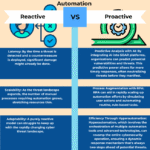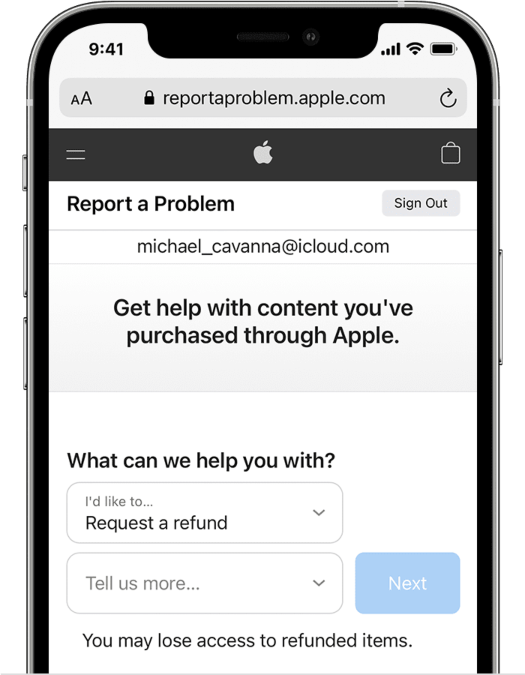Creating safe and supportive learning environments for kids has risen in importance in today’s classrooms. Evidence-based solutions for improving student behaviour and making schools better places to study are gaining popularity. Positive Behavioural Interventions and Supports (PBIS) is one such method that is gaining traction. PBIS incentives are crucial for encouraging good behaviour, keeping kids engaged, and maintaining peace in the classroom. The importance of PBIS incentives is discussed, as is their effect on students’ conduct, grades, and the general atmosphere at school.
PBIS Rewards: Enhancing Positive Behavior in Schools
Schools around the country have adopted the Positive Behavioural Interventions and Supports PBIS Rewards framework, which has been shown to be effective in improving student behaviour. PBIS seeks to avoid and effectively manage behavioural issues by fostering a positive and predictable environment. The use of incentives to promote positive actions is central to positive behaviour intervention and support systems (PBIS).
Importance of Positive Reinforcement
The use of rewards and praise may have a significant impact on a person’s behaviour. Students’ positive actions are noticed and rewarded in order to encourage more of the same. Students’ motivation, self-esteem, and a sense of success may all be boosted in this way, which is why PBIS awards use this strategy. Positive behaviour support and intervention systems PBIS Rewards pupils for engaging in behaviour teachers have identified as beneficial to the classroom.
Types of PBIS Rewards
PBIS incentives might range from monetary bonuses to special access or even just public acknowledgment of their efforts. Certificates, tokens, and other physical prizes are examples of attainable incentives. Extra playtime, better seats or invitations to after-school events are all examples of the kinds of perks that could be granted to honour roll students. The fast feedback that verbal praise and gratitude offer makes them effective PBIS Rewards.
Setting Clear Expectations
Establishing universally understood standards for conduct is crucial to the success of PBIS incentive programmes. Students have a better knowledge of what is valued by the school when expectations are made explicit. This specificity aids in establishing a pleasant mood and eliminating uncertainty.
Implementing a Reward System
Developing a complete reward system is crucial to the effective deployment of PBIS incentives. This involves creating a list of prizes, setting how and when people can receive awards, and establishing criteria for receiving rewards. It is essential that the school’s incentive system reflect the institution’s ideals and promote the desired behaviours.
Designing Effective Incentives
For PBIS rewards to be effective, they must be designed in a way that is meaningful to kids. Students will respond better to incentives if they are interesting, relevant, and age-appropriate. Students are more likely to maintain their excellent behaviour if they get rewards that are personally meaningful to them.
Consistency and Fairness
When using PBIS incentives, it is essential to be consistent and fair. It is crucial to guarantee that all pupils get prizes regularly and equitably. Students are more likely to strive for positive behaviour when they know the system is transparent.
Impact of PBIS Rewards
Positive behaviour intervention and support (PBIS) awards have been found to significantly improve student behaviour, academic engagement, and school atmosphere.
Improved Student Behavior
Students benefit from PBIS because they know exactly what is expected of them. Students are more likely to make good decisions and exhibit less disruptive behaviour if they are encouraged to focus on positive behaviour. Regular use of incentives has shown to increase self-control and self-discipline by reinforcing the desired behaviour.
Enhanced Academic Engagement
Students are more invested in their studies when they are in a safe and encouraging learning environment like the one fostered by PBIS incentives. Students’ feeling of community and will to succeed in school are strengthened when they are acknowledged and rewarded for their accomplishments. Improved academic achievement is a common result of this heightened interest in learning.
Positive School Climate
Positive school atmosphere is fostered in part by using PBIS awards. When children feel safe and respected in their school, they are more likely to do their best. As a result, bullying is less common and more people feel welcome to connect with one another.
Successful Examples of PBIS Rewards
Several schools have seen notable gains in both behaviour and academic achievement after implementing PBIS incentive programmes. Here are two examples to examine:
Case Study 1: XYZ Elementary School
XYZ Elementary School has instituted a PBIS incentive system to recognise and encourage good conduct. “PBIS Bucks” were awarded to students whose actions were consistent with the school’s standards. Extra time at recess, extra privileges, or even just some tiny trinkets may be purchased with these money. Discipline problems were much reduced, and student participation was up.
Case Study 2: ABC High School
ABC High School has included PBIS prizes into the school’s established house structure. Students’ good behaviour was rewarded with points that boosted the standings of their homes. At the end of each term, the winning house was given extra honours and benefits. Student conduct, school spirit, and overall morale all rose as a direct result of these changes.
Addressing Challenges and Concerns
PBIS incentives have been shown to be beneficial, but it is still important to handle any problems that may arise.
Over-reliance on Rewards
Overreliance on incentives, which can reduce intrinsic drive, is a widespread worry. Finding a happy medium between employing prizes as incentives and encouraging students’ intrinsic motivation to behave well is essential.
Ensuring Intrinsic Motivation
PBIS incentives should be phased out over time to encourage the development of a sense of intrinsic drive. Once students have internalised the desired behaviours, the focus may move to helping them feel joy and achievement for doing so.
Individualized Approaches
When using PBIS as a reward system, it’s crucial to keep in mind that not all students will respond the same way. All pupils will feel appreciated and inspired to take positive acts if their varying requirements and preferences are taken into account.
Problems with Positive Behaviour Interventions and Supports
PBIS has been praised by many, although it has also received significant criticism.
Criticisms of PBIS Rewards
Some people worry that the positive reinforcement provided by PBIS may lead to an unhealthy reliance on the system and will not help with the underlying reasons of problematic behaviour. In order to properly aid children’ behavioural development, they stress the need of addressing underlying problems such students’ social-emotional needs and past trauma.
Balancing Rewards and Consequences
The necessity for a middle ground between PBIS Rewards and fair punishments for bad behaviour is another issue of concern. Teaching children the full range of negative outcomes that might result from their disruptive or damaging behaviour is essential.
The Role of Teachers and Staff
Training and Professional Development
Educators will have the tools they need to successfully apply PBIS Rewards if they get in-depth training and continual professional development. Learning about and using the concepts of reinforcement theory, incentive design, and reward administration are all part of this.
Collaborative Approach
For PBIS awards to be effective, communication between educators and management is essential. Cohesive and helpful educational environments may be achieved via collaboration, the exchange of successful practises, and frequent evaluation and adjustment of the incentive system.
Conclusion
Positive behaviour intervention and support PBIS Rewards are an effective method of motivating students to behave responsibly, focus on their studies, and contribute to a pleasant school environment. Schools may foster academic and social success for their students by instituting a robust reward system, outlining clear behaviour requirements, and creating effective incentives. However, issues like excessive reliance on rewards and individualised methods need to be addressed. Positive behaviour intervention and support PBIS Rewards may have a significant and long-lasting effect on student behaviour and school climate with the help of committed teachers and staff.











